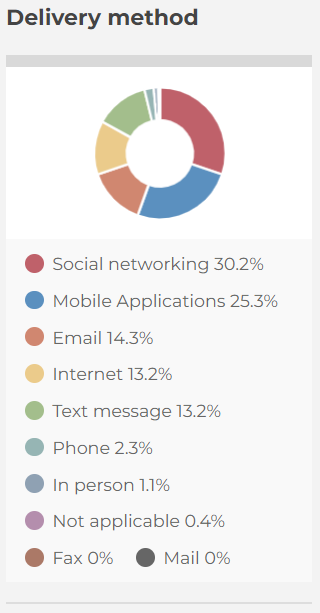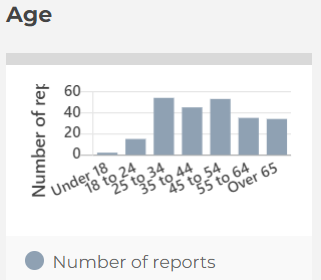Romance scam surge predicted for Valentine's Day
Lee O'Connor
13 February 2022, 6:04 AM
 Arm yourself ahead with anti-scam advice before heading online for Valentine's Day
Arm yourself ahead with anti-scam advice before heading online for Valentine's Day Those of us looking for love online are being urged to fine-tune their romance radar and keep an eye out for scammers as Valentine's Day approaches.
Failing to spot the signs of an online romance scam can not only leave you nursing a broken heart, it can often mean an emptied bank account as well.
Data from the Australian Competition and Consumer Commission has revealed that lonely Australians lost a massive $56 million to dating and romance scammers last year.
“Valentine's Day has proven to be a busy time for dating apps as singles go swiping, meaning scammers are also hard at work targeting lonely hearts across digital platforms including social networks, dating sites and instant-messaging apps,” said Minister for Fair Trading Eleni Petinos.
“Not only was the 2021 figure a record, it was up 44 per cent from $38.9 million in 2020."
According to Scamwatch, an arm of the Australian Competition & Consumer Commission, scammers take advantage of people looking for romantic partners, often via dating websites, apps or social media by pretending to be prospective companions.
They play on emotional triggers to get you to provide money, gifts or personal details.
The rise in acceptance of dating apps are also seeing love scammers shift their attention from Baby Boomers to younger generations and combining both romance and finance scamming has proven very profitable, particularly during the pandemic.


SOURCE: Scamwatch
Resist romance baits
Romance-seekers can take a number of steps to protect themselves against scammers.
Scamwatch suggests that you always consider the possibility that the approach may be a scam. Try to remove the emotion from your decision making no matter how caring or persistent the ‘prospective partner’ is.
Being careful includes doing quick online checks such as an image search to find out if the profile photo of their romantic interest is legitimate.
Here's some tips:
- You can use image search services such as Google or TinEye to do an image search of your admirer to help determine if they really are who they say they are.
- Be alert to things like spelling and grammar mistakes, inconsistencies in their stories and others signs that it’s a scam like their camera never working if you want to Skype each other
- Be cautious when sharing personal pictures or videos with prospective partners, especially if you’ve never met them before. Scammers are known to blackmail their targets using compromising material.
Keep your hard earned cash
It is important to be wary of requests for money.
Never send money or give credit card details, online account details, or copies of important personal documents to anyone you don’t know or trust.
Avoid any arrangement with a stranger that asks for up-front payment via money order, wire transfer, international funds transfer, pre-loaded card or electronic currency, like Bitcoin. It is rare to recover money sent this way.
"Don’t transfer money to, or share bank account details with, someone you haven’t met in person. When it comes to love, it is important to listen to your head as well as your heart,” Minister Petinos says.
People who have fallen victim to identity theft should contact IDCARE at idcare.org or by calling 1300 IDCARE (432273), while people can report scams to the ACCC by visiting Scamwatch.



